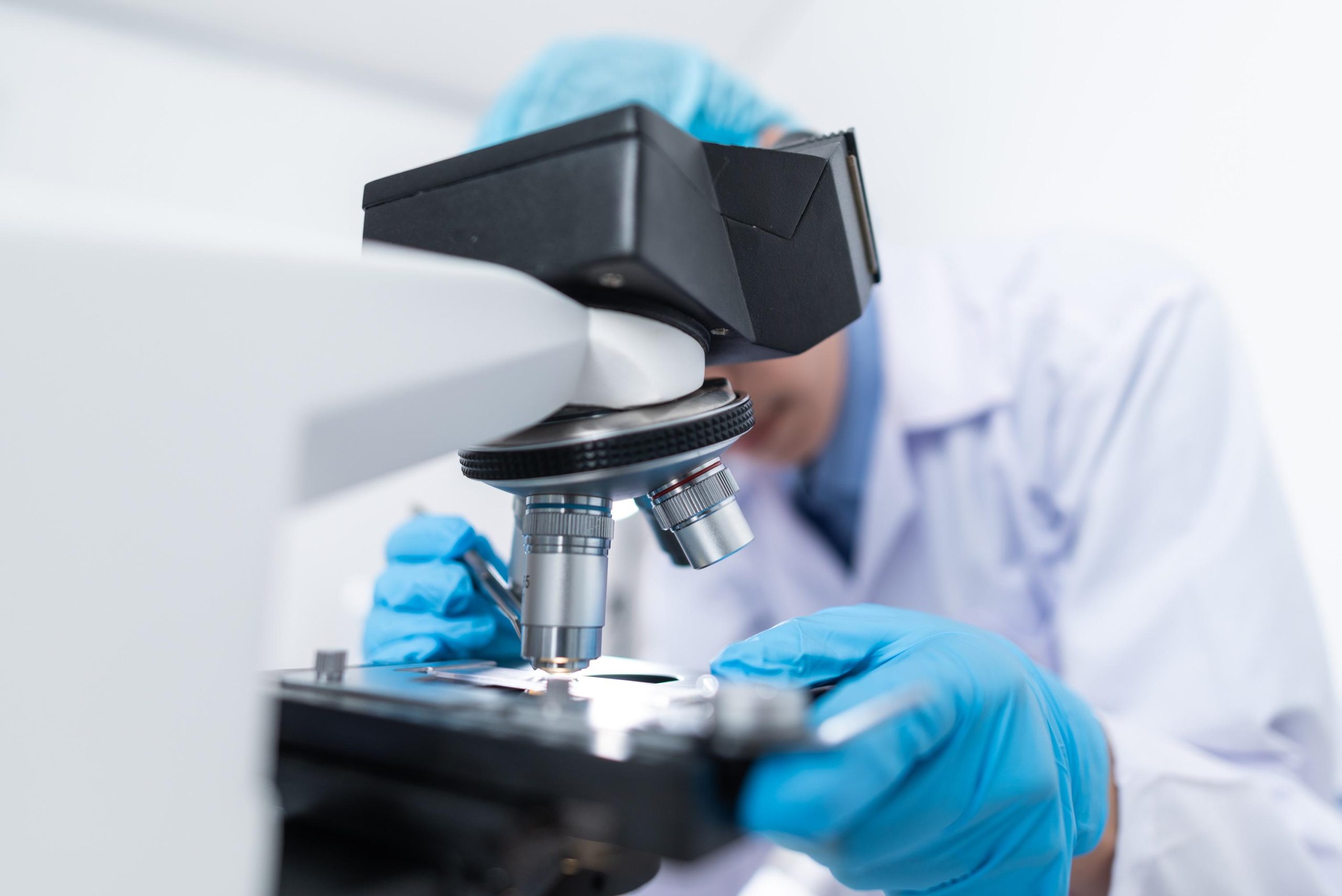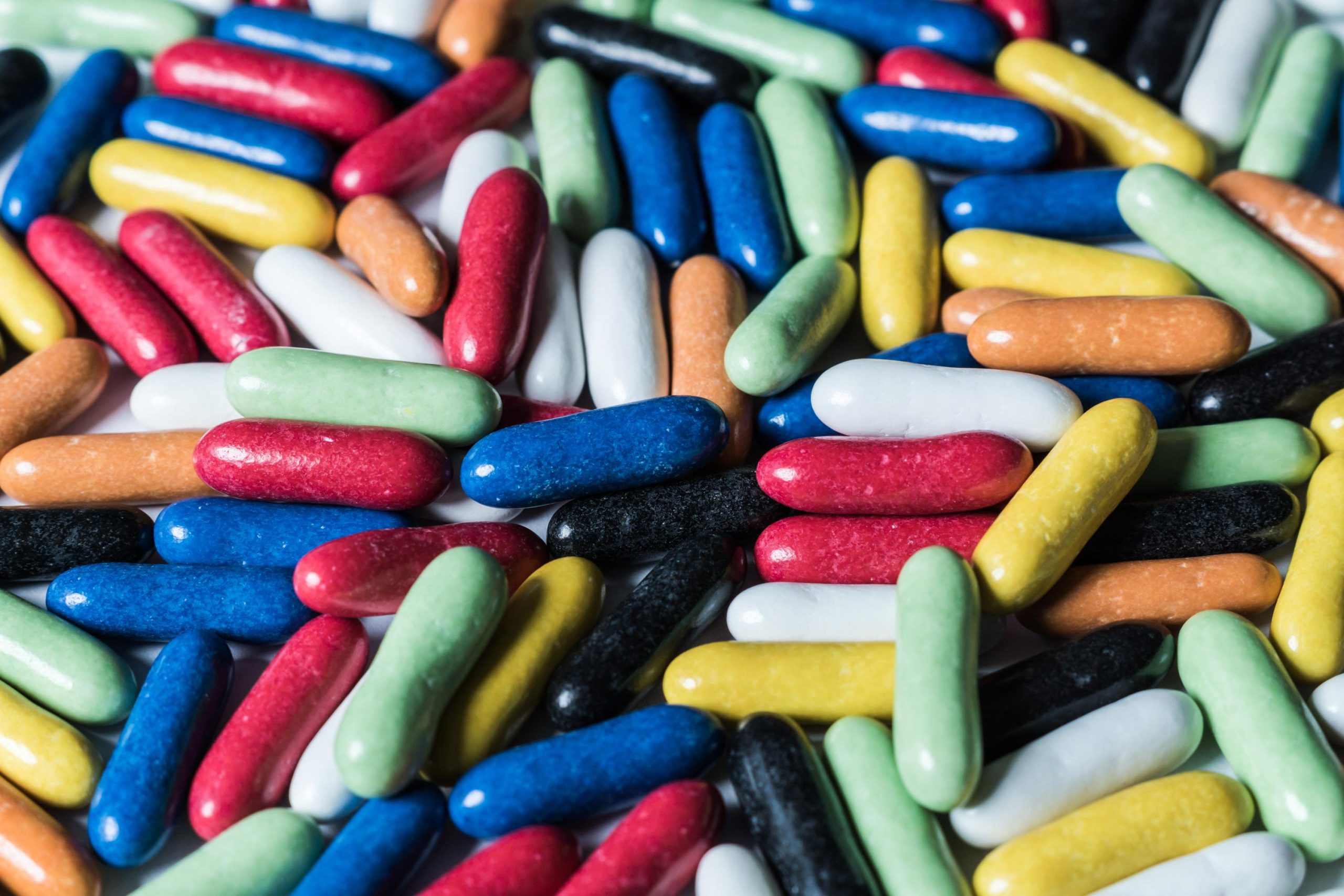Antibodies bind themselves to specified molecules known as antigens. They have various portions in a Y-shaped structure, which will bind to effector molecules. Different primary and secondary monoclonal antibodies and polyclonal antibodies with multiple specifics got developed over the past couple of years. These developments have helped antibodies to be used in various biomedical and medical research. Right now, you have a Therapeutic Antibody. Learning about their uses is vital.
Biomedical research
The antibodies have sensitivity and high specificity, which help in the biochemical research field. These advances have helped antibody production on a larger scale.
- Western blotting: Here, the proteins are separated electrophoretically and transferred onto blotting paper for detecting proteins.
- Immunosorbent assays: ELISA is one popular technique for detecting and quantitating any significant antigen in blood serum.
- Immunocytochemistry: This technique is used for the in-situ determination of the location of proteins and their presence.
- Flow cytometry: It is used for intracellular analysis.
- Immunoprecipitation assays: Here, the antibodies are used for labelling and precipitating targeted antigens from any aqueous solution.
- In-vivo applications: The main goal is to deplete the specified cells designed for functional analyses.
Antibodies During & Before Childbirth
You have the Rhesus D antigen, as found in RBCs. Its presence will have one person Rh+ and absence will make him Rh-. When it is about normal childbirth, delivery complications might result in blood from the fetus entering the mom’s system. For Rh compatible mom and child, there will be some sensitisation of Eh- mother to Rh antigen on blood cells of Rh+ child.
Antibodies In Industry
Here, the use of antibodies can be seen in the structure prediction. It is used for protein engineering. It helps in modifying the affinity of antigen binding and identifying an epitope. For determining antibody structure, X-ray crystallography is used. Sometimes, computational programs are used to offer a faster and cost-effective alternative to X-ray crystallography.
It forms a significant part of Antibody Drug Discovery.
COVID-19 Prevention & Treatment
The US Food and Drug Administration licensed 75+ monoclonal antibodies, but only three are used to treat infectious diseases or prevent them. Those are Clostridioides difficile, anthrax, and respiratory syncytial virus. There are two versions of mAbs proven to be effective in reducing the mortality rate of the Ebola virus. One of them combines the two mAbs, and the other one is a single mAb. Due to the successful treatment of aggressive, fatal viruses through mAbs, this same procedure can be used for treated COVID-19.
Monoclonal antibodies are currently providing alternative medical help towards COVID-19 prevention. Pre-exposure is the passive monoclonal antibody infusion, which may offer immediate protection from any injection lasting months. Some latest technologies have modified the Fc section of antibodies to extend the half-life of mAbs to provide protection levels for months.
In Prenatal Therapy
For prenatal treatment, Rho(D) immune globulin is used. It prevents any risk associated with hemolytic diseases in a newborn. For Rh-compatible mother and child, any form of blood mixture can result in sensitisation of Rh+ antigen from child and Rh- mother. Before trauma of the delivery, if the mother is treated with anti-RhD antibodies, it will destroy Rh antigen in the fetus and prevent sensitisation.
At GeNext Genomics, our talented team of structural biologists, immunologists, and cell biologists continuously develop innovative solutions for protein antibody interactions, protein efficacy, etc.




